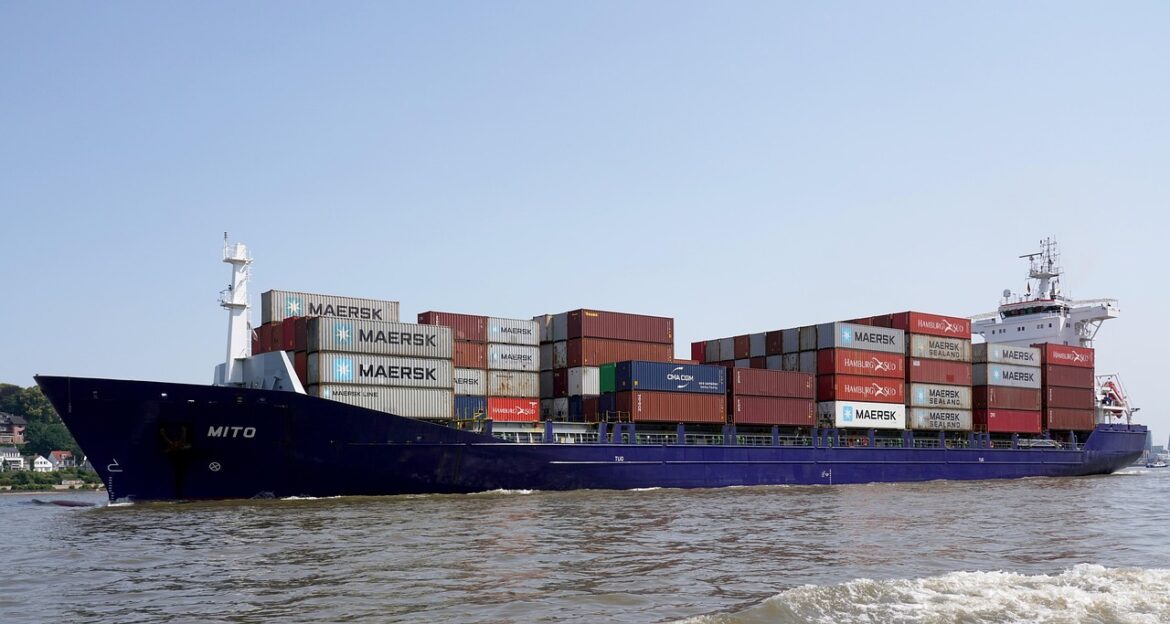The Future of Supply Chains: Trends and Real Stories
Imagine a world where supply chains are not just efficient but resilient and sustainable. This isn’t just a dream; it’s the reality companies like Honeywell and Amazon are building today. Let’s dive into the real-world stories that are shaping the supply chain industry.
1. Building Resilience: Diversifying Suppliers
Companies are shifting away from single-supplier dependencies. Honeywell, for instance, has reduced its reliance on single-source suppliers from 90% to 60% over a few years. This strategic move helps protect businesses from disruptions and strengthens long-term stability.
2. The Power of AI in Supply Chains
Artificial intelligence is no longer just a buzzword; it’s a competitive necessity. Companies are leveraging AI to enhance customer service, streamline procurement, and optimize logistics. Amazon has used AI to predict demand and optimize warehouse operations, reducing delays and increasing efficiency significantly.
Some key AI applications include:
- Back-office automation: Automating tasks like data entry and order processing.
- Logistics automation: Optimizing routes and delivery times using real-time data.
- Warehouse automation: Using robots to manage inventory and reduce human error.
3. Sustainability as a Business Imperative
Sustainability is no longer an option; it’s a must. Companies are committing to decarbonize operations and invest in green technologies. Honeywell aims to decarbonize by 2035, while Amazon has developed AI-driven packaging solutions to reduce waste and emissions.
4. Preparing for the Holiday Season
Companies face their biggest challenges during peak holiday seasons. Successful supply chain managers plan ahead by analyzing past sales data, ordering extra supplies, and ensuring efficient logistics. This proactive approach helps manage the surge in demand smoothly.
5. Autonomous Supply Chains: The Future
The future of supply chains looks autonomous. With AI, automation, and predictive analytics, supply and demand balancing will become more efficient and data-driven. This shift will make supply chains more responsive and efficient, with minimal human intervention.
References:
- https://supplychains.com/torsten-pilz/
- https://www.instinctools.com/blog/data-analytics-services-logistics/
- https://www.indeed.com/career-advice/interviewing/supply-chain-interview-questions
- https://www.automotivelogistics.media/digitalisation/automotive-logistics-and-supply-chain-digital-strategies-north-america-2025-day-two-wrap-up/47283.article
- https://www.armadatalentgroup.com/2025/06/09/executive-staffing-trends-2025/
- https://research.aimultiple.com/supply-chain-ai/
- https://careers.standtogether.org/explore-opportunities/
- https://www.youtube.com/watch?v=-6uBhbE5FBU



